- Car
- Healey (12 offers)
Healey classic cars for sale
Healey vehicles stand for British engineering from the immediate post-war years, with rare sports cars like the Silverstone, known for innovative technical solutions, lightweight aluminium bodywork and racing pedigree. These hand-built classics, generally produced in small numbers, are sought after by enthusiasts and carry lasting relevance in motorsport history.
Search results
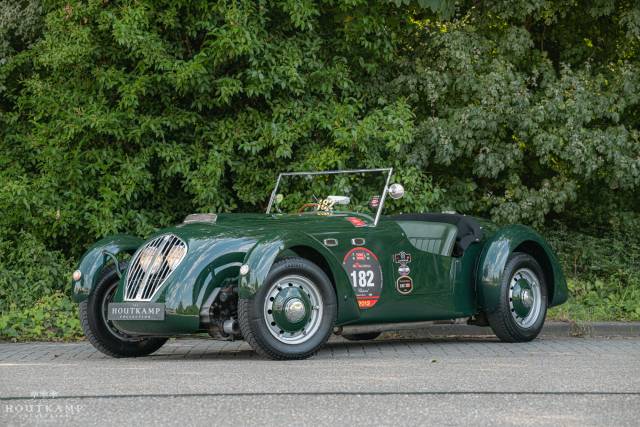
1950 | Healey Silverstone
1 of 104 examples built, Mille Miglia Eligible
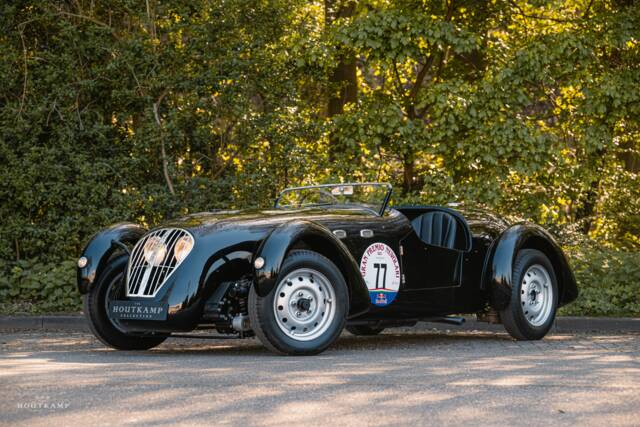
1950 | Healey Silverstone
Mille Miglia eligible, in Ray Fieldings car collection in Scotland for 50 years
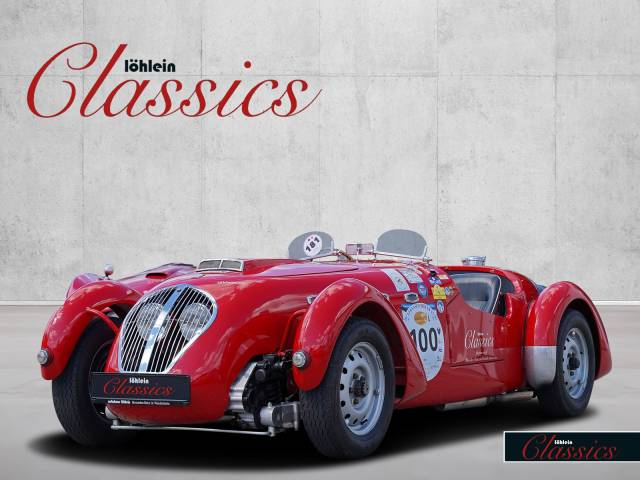
1950 | Healey Silverstone
Build Number 1 of a total of 54 vehicles ever built - MILLE MIGLIA eligible!
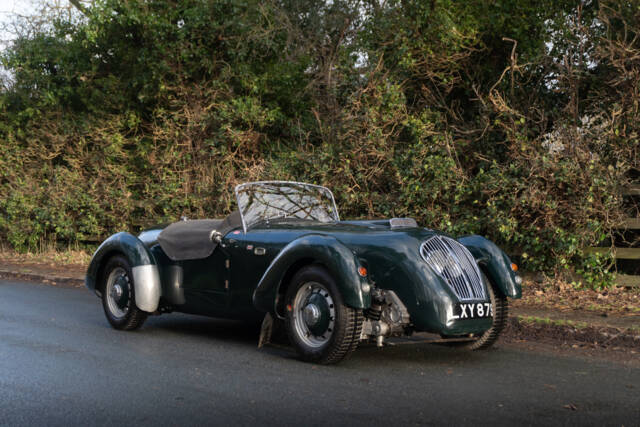
1951 | Healey Silverstone
1951 Healey Silverstone
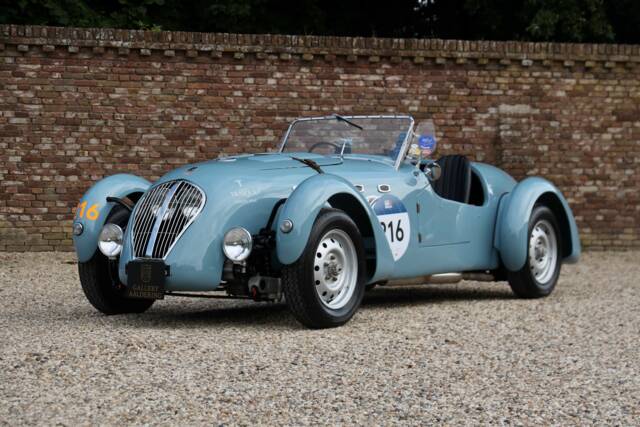
1950 | Healey Silverstone
Healey Silverstone "D36" Mille Miglia Well documented Healey with an exceptionally comprehensive history file, Driven by Nancy Mitchell - One of BMC's squad of British lady rally drivers, Successful multiple Mille Miglia participant, 1950’s period race history, In a stunning rebuilt and restored condition,
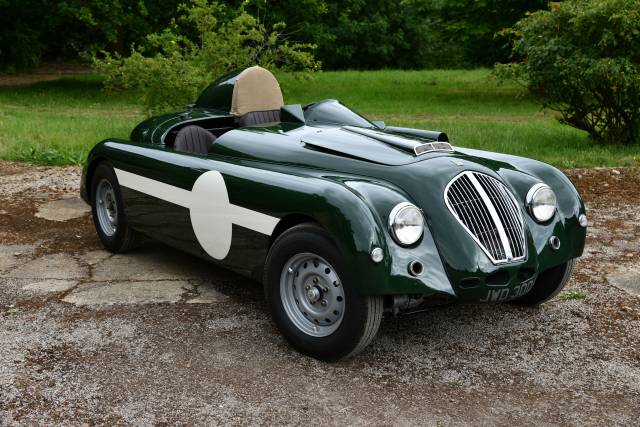
1950 | Healey Silverstone
Healey X5 Le Mans
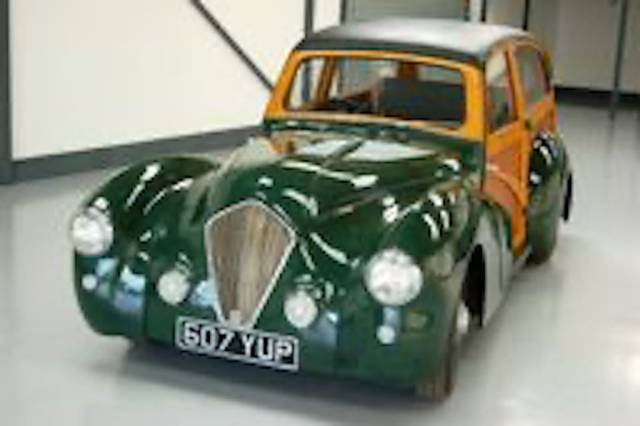
1948 | Healey 2.4 Litre Elliott
1948 Healey Woodie Estate
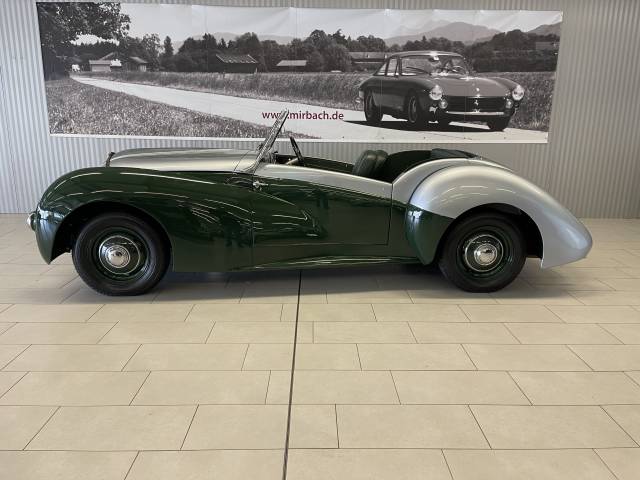
1947 | Healey 2.4 Litre Westland
Healey 2.4 l Westland Roadster
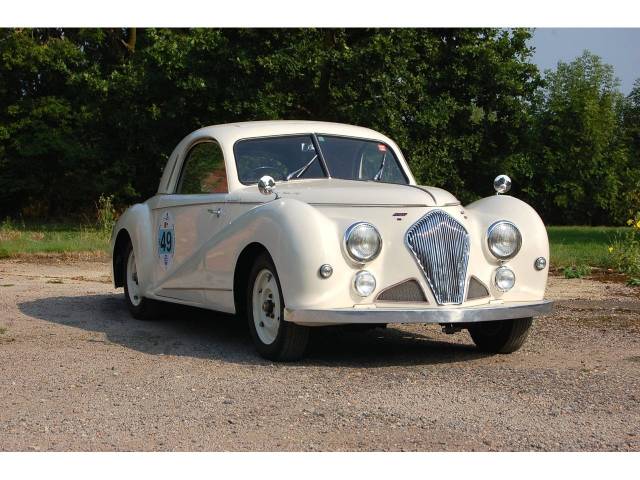
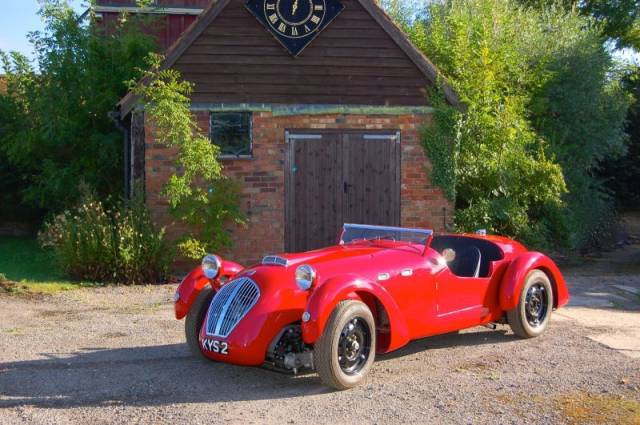
1949 | Healey Silverstone
Healey Silverstone
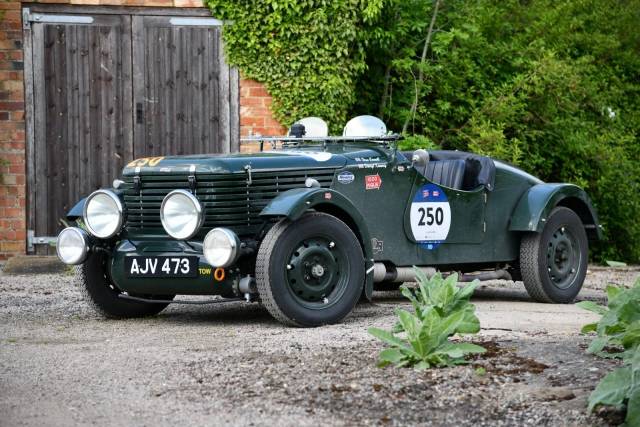
1948 | Healey Duncan Drone
Healey Duncan Dron
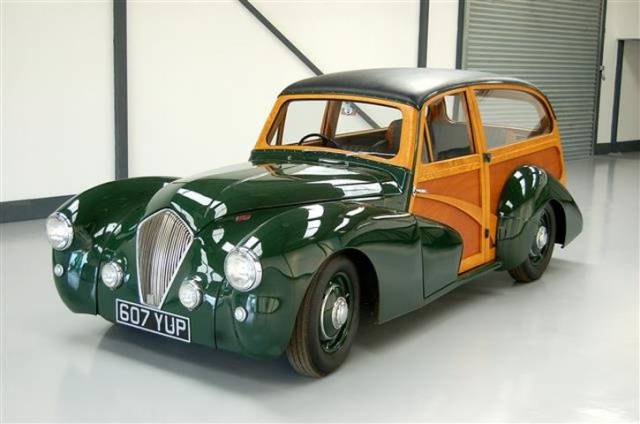
1948 | Healey Westland Woodie Estate
One of 17
Healey listing references from Classic Trader
Below you will find listings related to your search that are no longer available on Classic Trader. Use this information to gain insight into availability, value trends, and current pricing for a "Healey" to make a more informed purchasing decision.
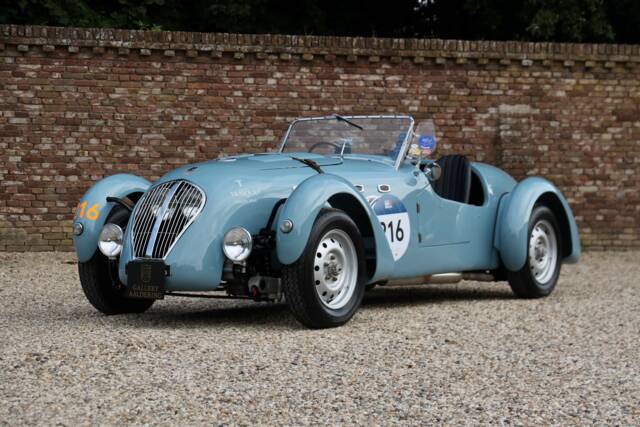
1950 | Healey Silverstone
Healey Silverstone "D36" Well documented Healey with an exceptionally comprehensive history file, Driven by Nancy Mitchell - One of BMC's squad of British lady rally drivers, Successful multiple Mille Miglia participant, 1950’s period race history, In a stunning rebuilt and restored condition,
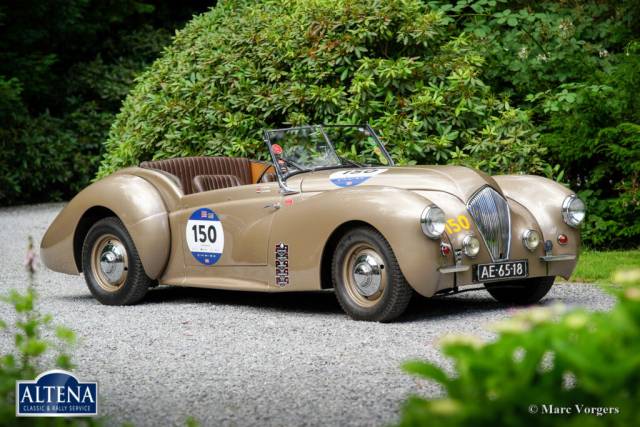
1947 | Healey 2.4 Litre Westland
History of Healey
The Donald Healey Motor Company emerged in 1946, founded by Donald Healey, a former aviator and racing driver. Operating from a converted RAF hangar after World War II, Healey was forced to innovate with limited materials, sourcing major components from Riley, Nash, Alvis and Austin. The company became renowned for seamless cooperation between design and engineering. Ben Bowden contributed to aerodynamically sophisticated bodywork, with prototypes tested in aerospace wind tunnels. Healey production concluded in 1954, giving rise to Nash-Healey and the later Austin-Healey models, which preserved much of the original engineering philosophy.
Model history
Healey produced a very limited run of models during its existence—around 850 units including all variations. The earliest serial production car was the Healey Elliott, promoted as the 'fastest British saloon' with top speeds of 168.4 km/h, delivered by careful attention to aerodynamics and potent engines. The Silverstone, introduced in 1949, focused on minimalism for motorsport, with just over 100 built. Other models in the line-up included the Westland, Duncan, SR, 2.4 Litre and Sportsmobile, each featuring individual technical refinements to suit sports and competitive use. After the original Healey program, the Nash-Healey and Austin-Healey lines continued to evolve and build on this legacy.
Highlights and features of Healey vehicles
Healey cars are defined by purposeful, lightweight chassis construction—using box or ladder frames, cross-bracing, and advanced front and rear suspension designs. Signature aerodynamic alloy bodies, many by Samuel Elliot & Sons and Len Hedges, delivered speed and agility previously uncommon in British post-war cars. Standout design cues like hidden headlamps, fairings over the front wheels, removable mudguards, and no rear bumper contributed to both weight reduction and track focus. Notably, the Healey Silverstone featured a rearward-set engine for better weight distribution and a fully hand-crafted finish in Warwick.
Technical data
Special editions and collectible models
The Healey Silverstone stands out with its Type D and Type E variants, differentiated by chassis width and comfort features. Only 105-106 Silverstones left the factory (51 Type D, 54 Type E), making each example historic. The detailed production records, with numbered chassis and unique features according to motorsport homologation needs, distinguish these cars within the collector community. Many Silverstones have motorsport history including runs in the Mille Miglia, hillclimbs, and international rallies. Other highly individual Healeys like the rare Westland and Duncan models are also of interest for their unique design and limited output.
Engine, performance and handling
The combination of a rearward-set, twin-cam 2.4-litre Riley engine and lightweight chassis gave Healeys nimble handling with direct, responsive steering. The Silverstone could exceed 170 km/h, owing to both power and aerodynamic efficiency. Four-speed manual gearboxes and robust suspension setups allowed for competitive performance in period racing and rallies. All-around drum brakes demand attention for modern use. These cars were favoured by up-and-coming drivers of the era for their reliable speed and robust construction. - Silverstone: 2.4-litre Riley, 104–106 bhp, top speed 170+ km/h, 0–100 km/h ~11 s; 105–106 built.
- 2.4 Litre: Similar Riley engine, produced in different body styles; noted for balanced power and refinement.
- Westland, Duncan, SR, Sportsmobile: All in very limited numbers, each with distinct design or engineering focus, but always grounded in sporting use.
Interior, comfort, exterior and design
Most Healeys emphasised function—slim, uncluttered cockpits with a clear focus on motorsport. The Silverstone used aluminum body panels shaped by Panelcraft to Len Hedges' design, with a rearward cockpit for optimal driving posture. Features included a fold-flat windscreen, no rear bumper, removable fenders, and visible front wheels for straightforward wheel changes. Interiors featured only the necessary instruments, simple lightweight seats, and minimal trim. The Healey logo with medieval castle and Union Jack highlights British heritage. Equipment was kept light, but clients could specify options suited for circuit or road use—each example is unique.
Other relevant facts
Healeys were hand-built at the Lower Cape works in Warwick. The models’ eligibility and activity in historic motor events, such as the Mille Miglia, enhances their reputation amongst motorsport enthusiasts. The marque’s distinct ‘Warwick Eng.’ badging in the logo underlines their British roots and manufacturing pride.
Summary
Healey cars embody British sports car development from the immediate post-war period: rare, hand-built, and focused on motorsport. Models like the Silverstone defined a new standard for speed, design and innovative engineering. Low production numbers across all variants make every Healey a rarity, with technical and sporting features that continue to attract knowledgeable collectors and historic racing drivers.











